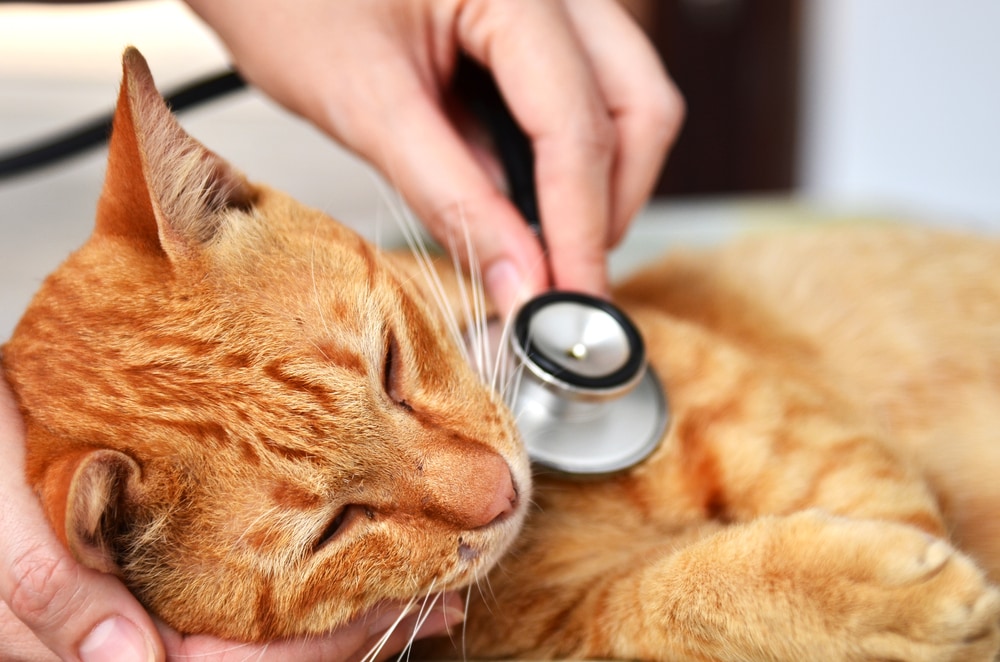nasal lymphoma in cats symptoms
Other symptoms are common depending on where the cancer invades. The symptoms of lymphoma in cats depend on where the cancer is growing.

Horner S Syndrome In Cats Causes And Treatment Cats Cat Health Animals
Renal Lymphoma in Cats.

. Only a veterinarian can make a definitive diagnosis based on patient history observed symptoms. Difficulty breathing through nasal passages. Up to 10 cash back Some symptoms of lymphoma in cats include.
You may also notice a bulge or bump forming over the bridge of the nose. Of the tumors 41 of 50 82 were classified as nasal lymphoma 5 of 50 10 were classified as nasopharyngeal lymphoma and 4 of 50 8 involved both nasal and nasopharyngeal tissue. Appearance of swollen or hard lumps in the abdomen.
Refusing to be touched. Symptoms of Feline Nasal Lymphoma Multicentric Feline nasal lymphoma attacks the lining of the nasal cavity. While lymphoma is one of the most common cancer types affecting cats nasal lymphoma is relatively rare.
Increased attempts to breath through the mouth. When this happens some of the signs are. If your cat has mediastinal lymphoma youre most likely to notice respiratory problems like difficulty breathing gasping or wheezing.
Ten cats displayed multiorgan involvement and in 2 of these the involvement was limited to the cerebellum and frontal cortex respectively. Symptoms include vomiting diarrhea weakness and lack of appetite or refusal to eat. For example if lymphoma occurs in the kidneys it will cause.
Symptoms depend on how advanced the growths have become but may include. Patients commonly exhibit nasal discharge sneezing upper respiratory noise eg stridor stertor wheezing epiphora and occasionally increased respiratory effort and coughing. A multi-institutional retrospective study 1986-2006 J Vet Intern Med 232.
Symptoms of feline lymphoma. Common side effects include lowered white blood cell count vomiting and decreased appetite. This retrospective study examined survival times in cats given different therapies and evaluated.
Respiratory issues including a persistent cough and difficulty breathing. Feline lymphoma can affect a number of different organs and there are a number of different types. Depending on the type of lymphoma other treatments may be needed.
Cats with nasal lymphoma often develop chronic nasal discharge sneezing and loud breathing. Sneezing or nasal discharge nasal lymphoma Vomiting GI lymphoma Diarrhea GI lymphoma Weight loss any lymphoma Lethargy any lymphoma Seizures or other neurologic signs central nervous system lymphoma nasal lymphoma Changes in urination or drinking renal. The presence of lymphoma in the chest will often lead to fluid accumulation leading to respiratory symptoms in many cats.
The general symptoms in all cases are apathy weight loss and eating problems. Survival analysis of 97 cats with nasal lymphoma. Respiratory distress is typical of mediastinal lymphoma.
Lack of interest in normal activities. Mediastinal lymphoma affects the lymphoid organs in the chest such as the thymus and lymph nodes. Lymphoma in the lymph nodes comes as swellings around the neck shoulder blades and knees.
Monitoring is required to assess the cat for side effects of treatment though chemotherapy is generally better tolerated in animals than in people. Symptoms of Nasal Lymphoma in Cats. Lymphoma can affect the kidneys as well.
Renal lymphoma symptoms include signs of kidney. Most cats develop feline nasal lymphoma when they are young. Nasal lymphoma occurs primarily in older median 9 to 10 years FeLVFIV-negative cats.
One or both eyes may become red or painful. At the end stage of lymphoma the cancer invades organs and bones -- any place where the lymphatic system connects. The most affected area is usually the nasal cavity and this variant is accompanied by strange secretions and difficulty breathing.
The following signs and symptoms may indicate that a cat has developed this kind of cancer. Symptoms go unnoticed for years making it harder to treat the cancer. How is nasal lymphoma diagnosed.
What are the clinical signs of nasal lymphoma. Discharge from the nose. A CT scan and biopsy are required to diagnose nasal lymphoma.
It is most common in felines between the ages of 5 and 9. Appetite loss or sudden weight loss. This type of lymphoma is more common in younger cats and will often present as a cat in respiratory distress.
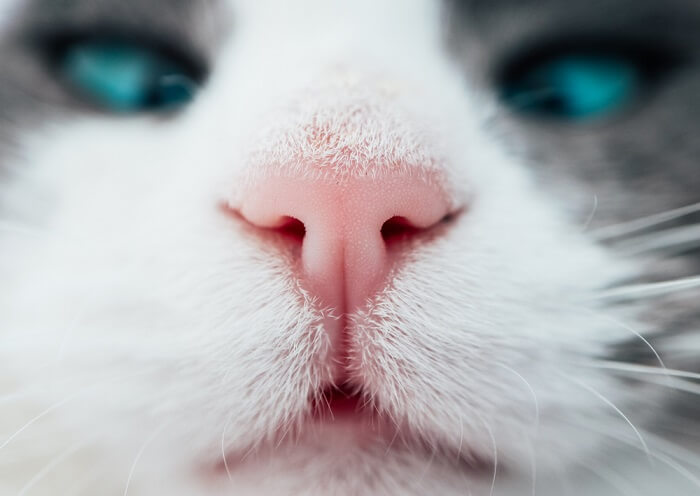
Nose Cancer In Cats Causes Symptoms Treatment All About Cats
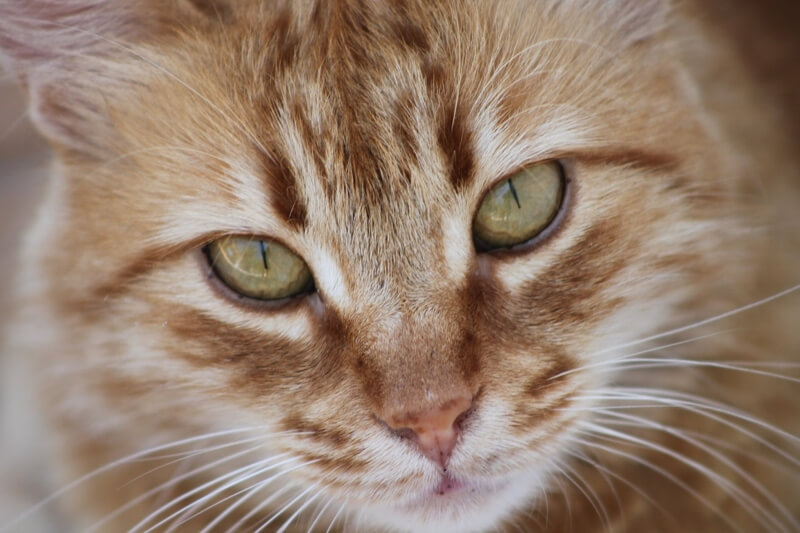
Understanding Lymphoma In Cats
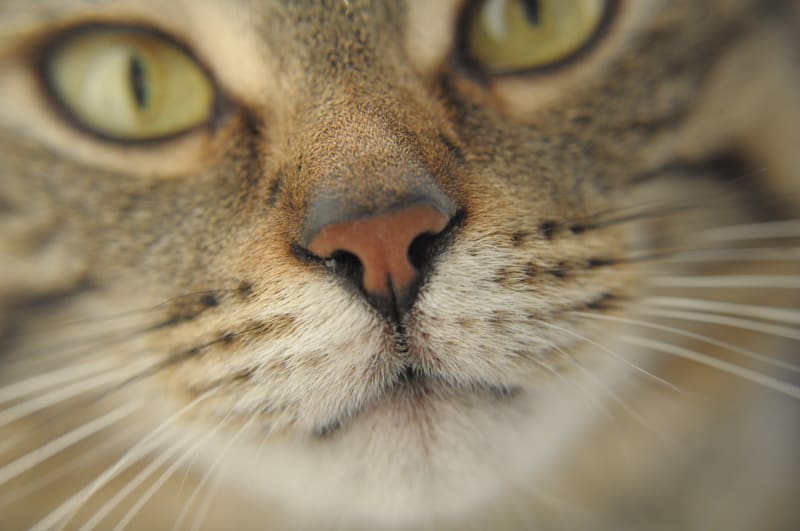
How Do I Know If My Cat Has A Nasal Tumor Long Island Vets

Nhv Has Been Helping Pumpkin Fight Feline Lymphoma I Can T Tell You How Grateful We Are For You We Cat And Dog Memes Natural Pet Remedies Cute Cats And Dogs

Living With Lymphoma Catwatch Newsletter

Lymphoma In Cats Great Pet Care

Lymphoma In Cats Treatment On Sale 54 Off Www Visitmontanejos Com

Diagnosis And Treatment Of Feline Lymphoma Glories Veterinary Hospital
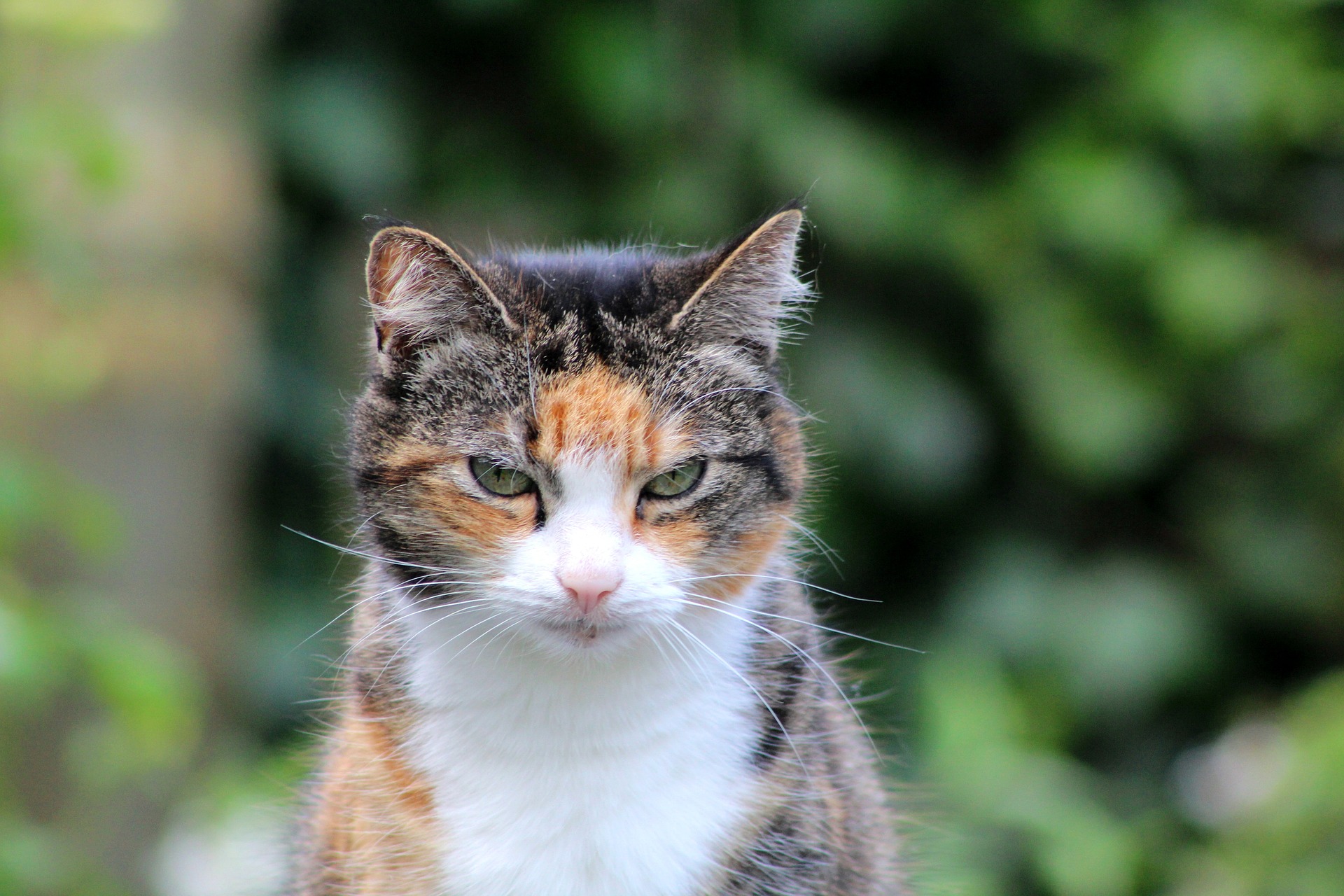
My Cat Has Lymphoma What Does That Mean Vet Help Direct

Nasal Lymphoma In A Cat Today S Veterinary Nurse

Learn About Nasal Cancer In Cats Petcure Oncology
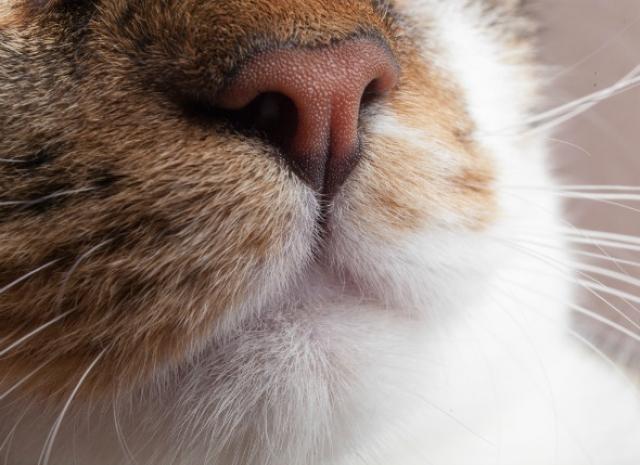
Nose And Sinus Cancer Squamous Cell Carcinoma In Cats Petmd

Understanding Lymphoma In Cats

Facial Distortion And Epiphora In A Cat With A High Grade Large B Cell Download Scientific Diagram

4 Types Of Cat Cancer And Their Common Symptoms Rau Animal Hospital
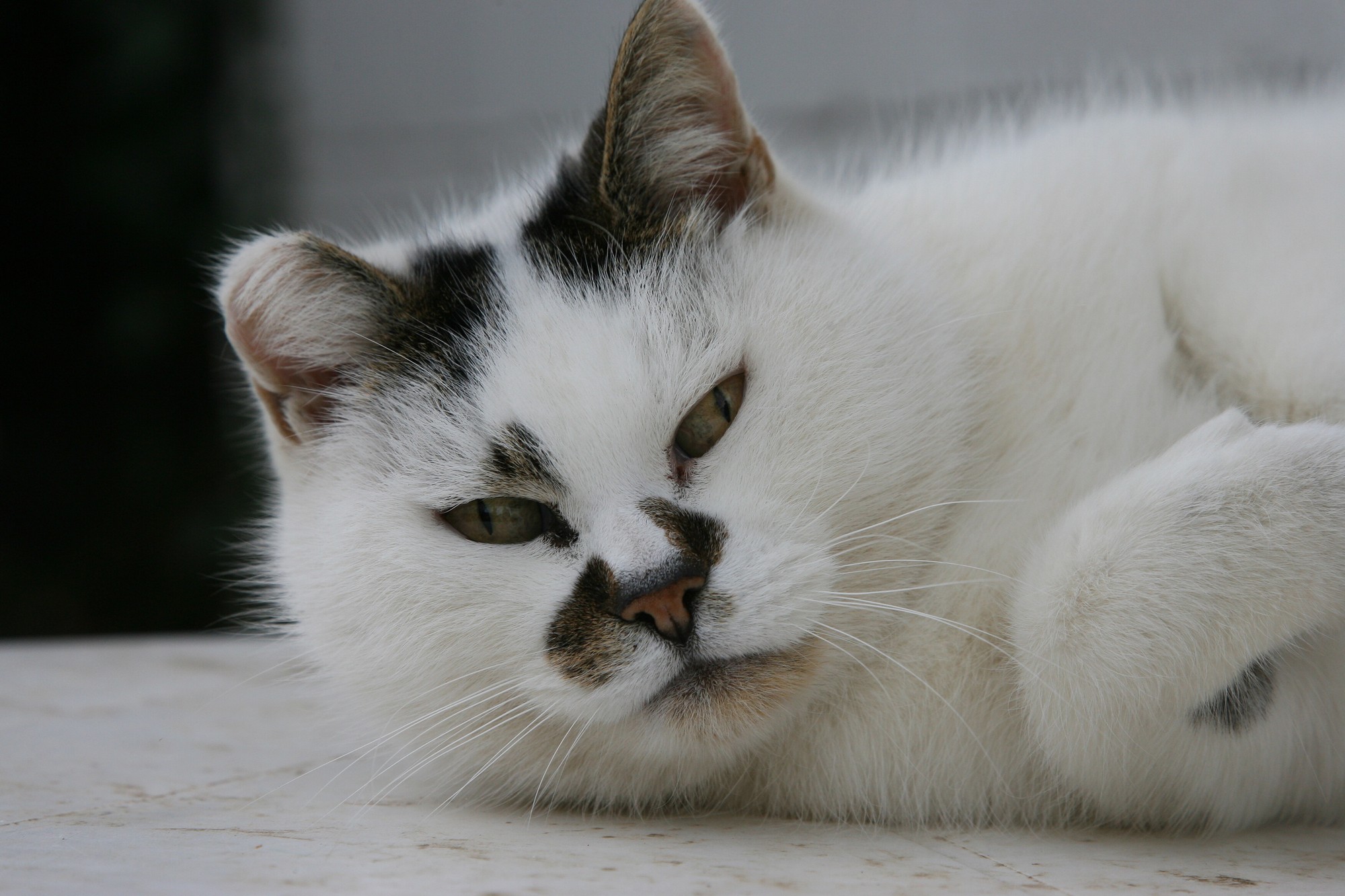
Coping With Cat Cancer Symptoms And Advice Blue Cross
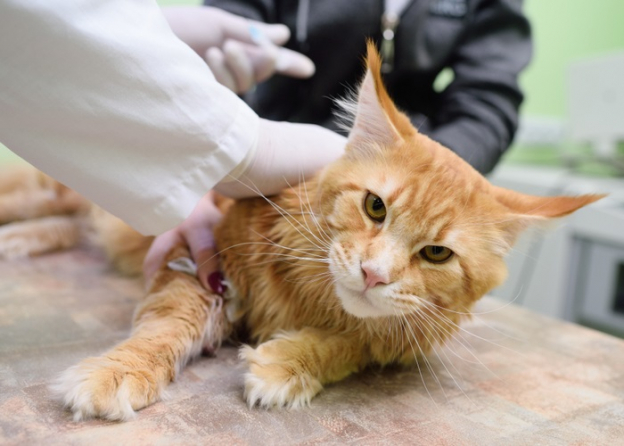
Lymphoma In Cats Symptoms Diagnosis Treatment All About Cats

